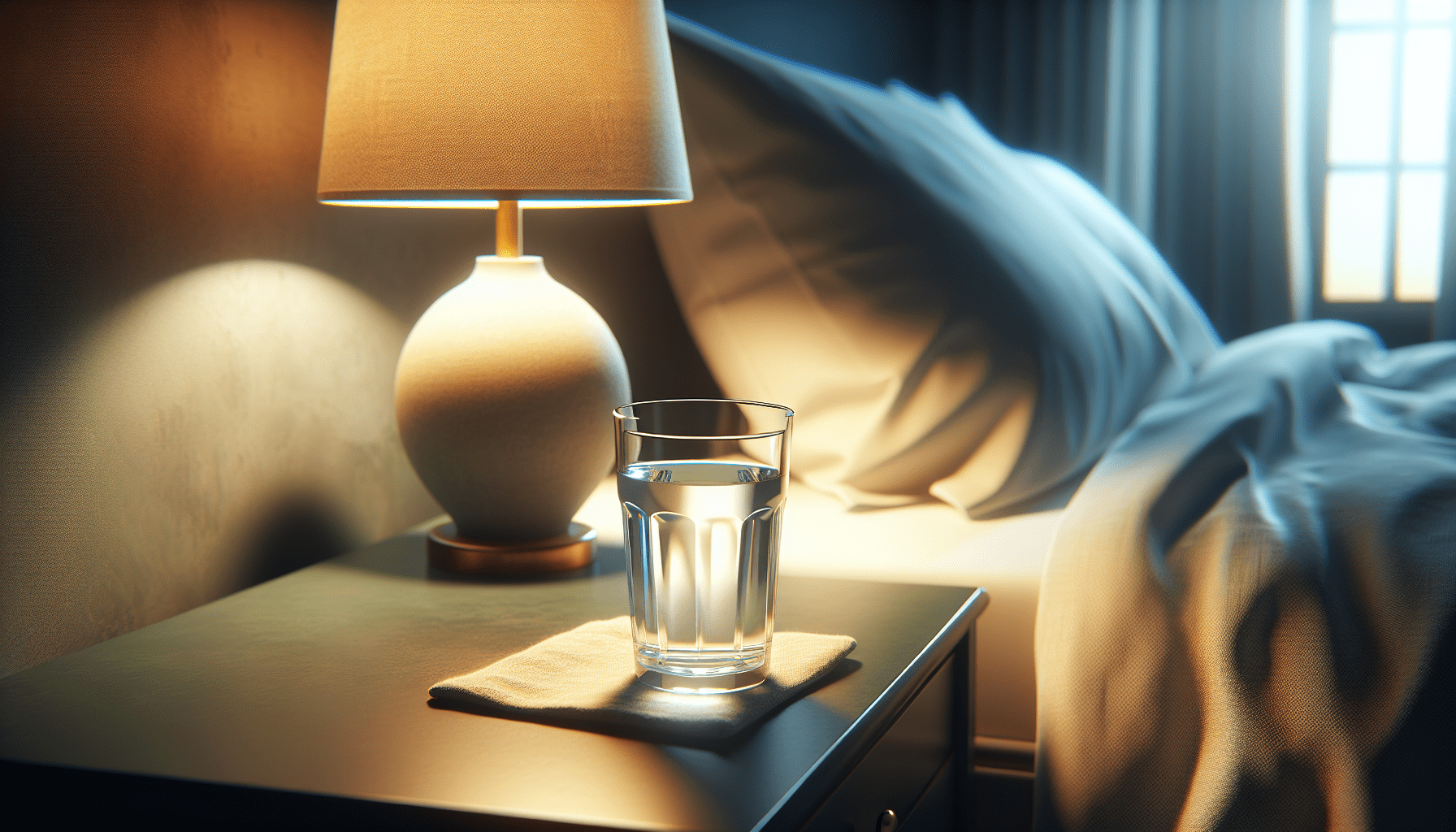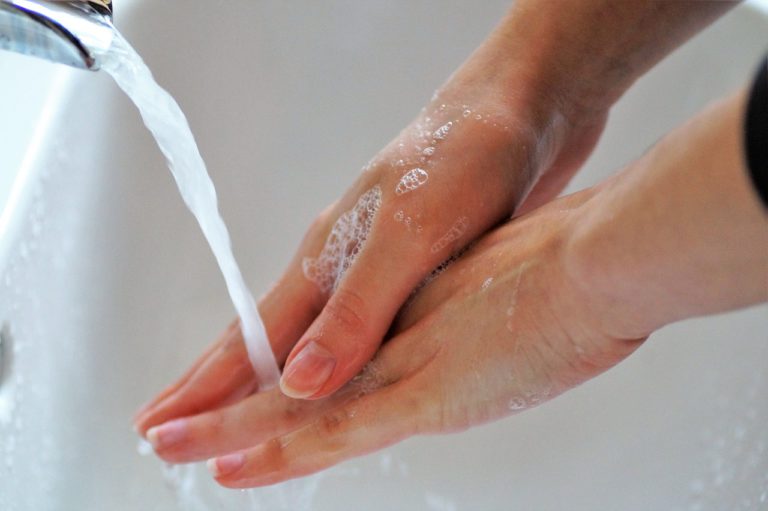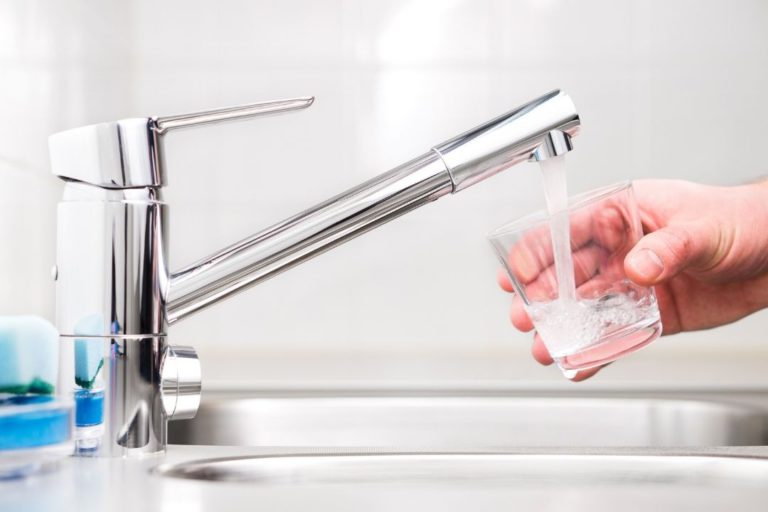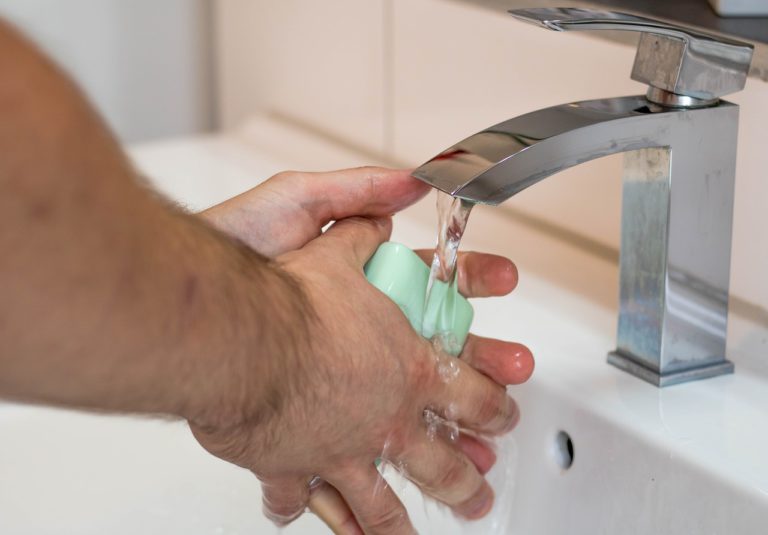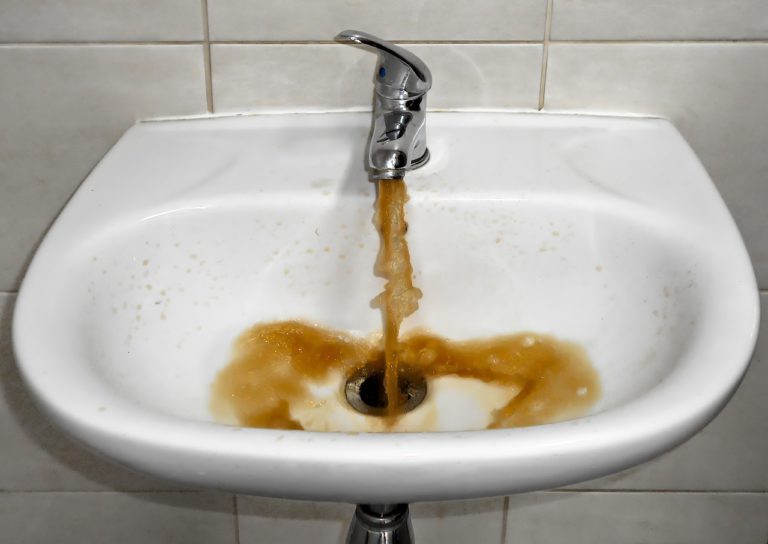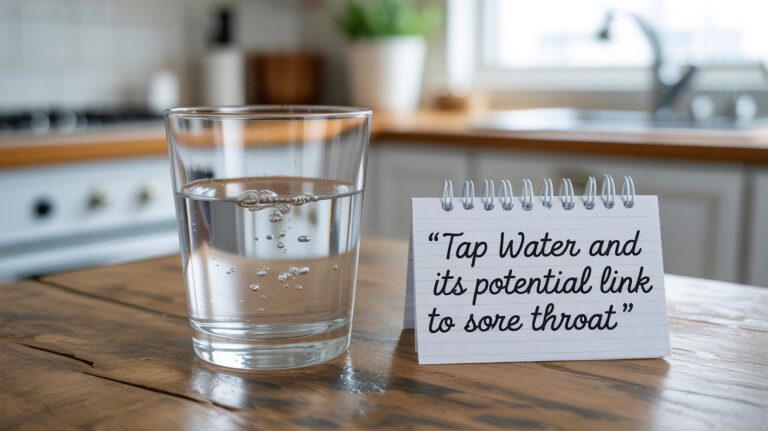Is Drinking Water Before Bed Good for Your Health
Have you ever wondered if drinking water before bed is truly beneficial for your health? Many people debate whether this habit is helpful or harmful, so it’s time to uncover the truth behind this common query. Understanding how hydration impacts your well-being can significantly affect your routine, sleep quality, and overall health. Let’s delve into various aspects of drinking water before bed, including potential benefits and drawbacks, to help you make informed decisions tailored to your lifestyle.
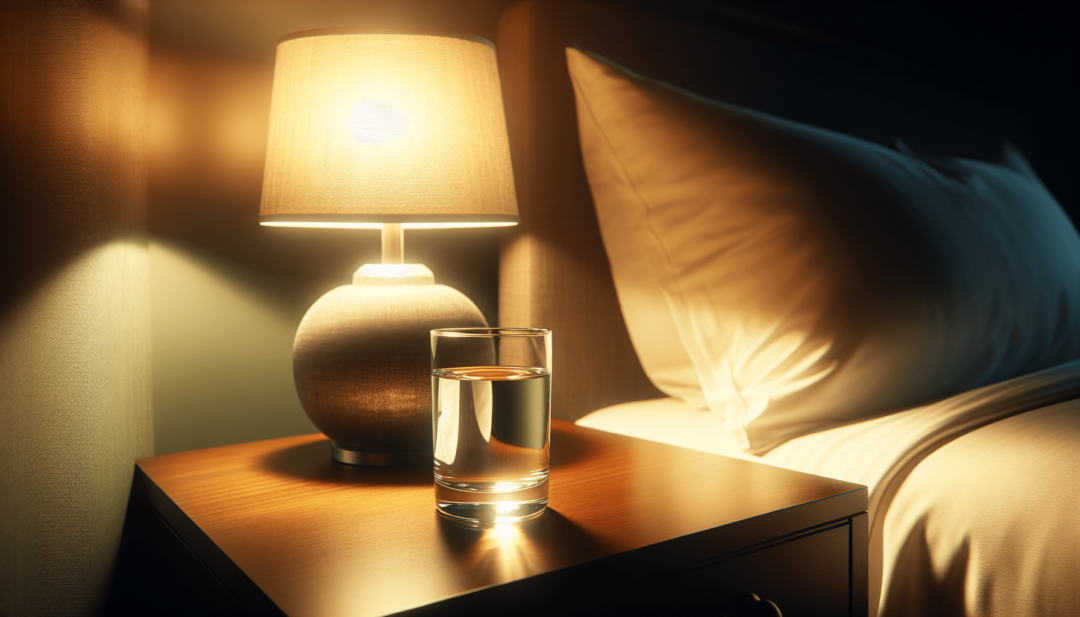
The Importance of Hydration
Water is fundamental for life, and maintaining proper hydration is crucial for your body. The human body is composed of approximately 60% water, which makes it essential for various bodily functions. Hydration impacts everything from regulating body temperature to aiding digestion and ensuring the optimal functioning of organs and tissues.
Functions of Water in the Body
Here is a brief overview of what water does to keep you in top shape:
- Regulates Temperature: Water helps maintain a stable body temperature through sweating and respiration.
- Cushions Joints: It provides essential lubrication for your joints, reducing friction and wear.
- Protects Organs: Water acts as a shield, protecting internal tissues and organs.
- Aids Digestion: It helps dissolve nutrients and minerals, making them accessible for the body.
- Facilitates Detoxification: Water allows your kidneys to efficiently remove waste products.
Without sufficient water, you may experience dehydration, leading to a range of symptoms from mild to severe.
Exploring the Timing of Water Intake
While maintaining hydration is crucial during the day, the timing of water intake raises some questions. For instance, is drinking water before bed beneficial, or can it negatively impact your sleep and health?
The Potential Benefits of Drinking Water Before Bed
Contrary to concerns, drinking water before sleeping can offer several advantages. Here are some reasons why it might do you good:
- Improved Metabolism: Staying hydrated can boost metabolic processes, which may continue to function well throughout the night.
- Detoxification: Water aids in flushing out toxins, supporting your body’s natural detox processes during rest.
- Preventing Cramps: It can prevent nighttime muscle cramps by maintaining electrolytic balance.
- Skin Health: Hydration is key for healthy skin, potentially improving your complexion as you sleep.
The Drawbacks of Nighttime Hydration
On the flip side, drinking water right before bed might have some downsides that you should consider:
- Frequent Urination: Increased water intake before sleeping can lead to nocturia, interrupting your sleep due to the need to visit the bathroom.
- Disrupted Sleep: Frequent trips to the bathroom can disturb your sleep cycle, leading to less restorative rest.
- Indigestion: For some, consuming water close to bedtime might exacerbate acid reflux or indigestion.
Understanding the Balance
Striking a perfect balance between hydration and quality sleep is key. To harness the benefits of drinking water without disrupting your rest, consider hydrating adequately throughout the day.
Tips for Timed Hydration
Here are some practical strategies to maintain an optimal balance:
Regular Daytime Hydration: Ensure you drink enough water during the day to reduce nighttime thirst.
Cut-off Timing: Aim to stop drinking significant amounts of water 1-2 hours before bed to minimize the risk of nocturia.
Monitor Your Sleep: Keep an eye on whether any nighttime drinking habits affect your sleep quality.
Adapt Based on Activities: Increase hydration on days with increased physical activity or heat exposure but time it appropriately.
Recognize Your Body’s Needs: Everybody is different, so listen to the signals your body gives regarding hydration needs.
How Much Water Should You Drink Daily?
Understanding how much water your body requires is foundational to maintaining optimal hydration. General recommendations suggest drinking around eight 8-ounce glasses of water per day, often referred to as the “8×8” rule. However, individual needs can vary based on factors such as age, activity level, climate, and overall health.
Factors Influencing Water Needs
Here’s a look at influencing factors:
- Physical Activity: More active individuals may need more water to compensate for fluid loss through sweat.
- Environmental Conditions: Hot and humid climates may increase your water needs.
- Overall Health: Conditions like fever or infections can increase water requirements.
- Diet: High-sodium or high-sugar diets might necessitate increased water intake.
Simply put, your body’s requirements may differ from a standard guideline, and it is essential to adjust your intake accordingly.
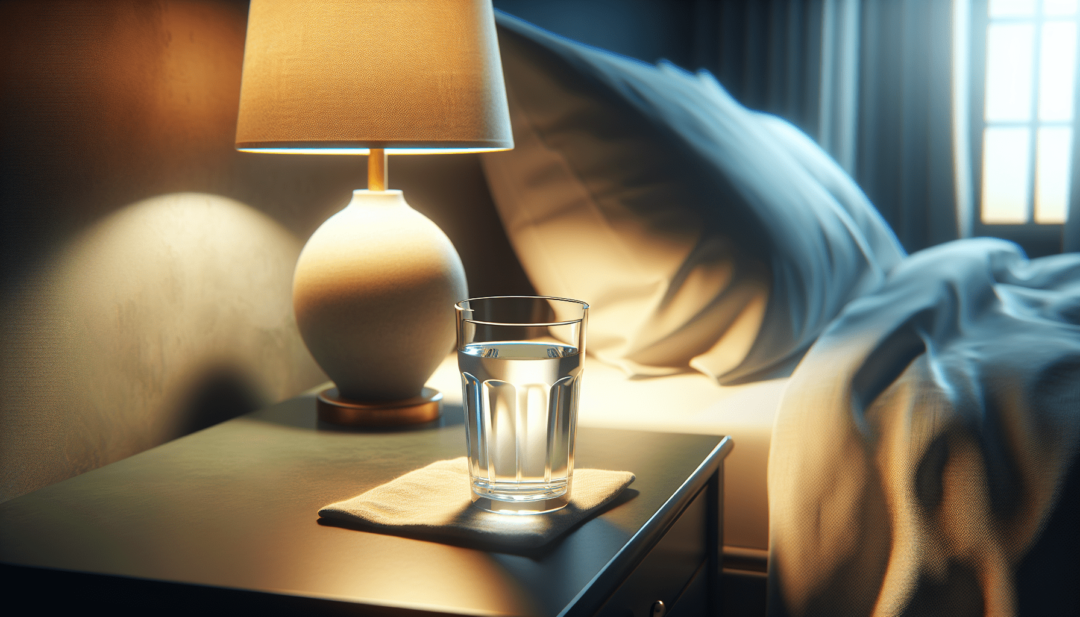
The Role of Electrolytes
When considering hydration, the role of electrolytes—a term that frequently appears in discussions about hydration—shouldn’t be overlooked. They help maintain the body’s balance of fluids and support essential functions.
Understanding Essential Electrolytes
Common electrolytes include:
- Sodium: Regulates fluid balance and nerve function.
- Potassium: Vital for muscle function and heart rhythm.
- Calcium: Important for bone health and muscle contraction.
- Magnesium: Supports biochemical reactions and a stable heart rhythm.
Maintaining Electrolyte Balance
For balanced hydration, ensure you’re also replenishing these essential electrolytes, particularly after intense exercise or illness. This can be achieved through either electrolyte-rich beverages or nutrient-dense foods.
The Consequences of Dehydration
It’s worth understanding what might happen if you don’t drink enough water during the day before considering how nighttime hydration might fit into your life.
Symptoms and Effects of Dehydration
Dehydration can lead to several adverse symptoms, including:
- Fatigue: Low energy levels are common with inadequate hydration.
- Cognitive Impairment: Reduced concentration and alertness can occur when you’re dehydrated.
- Mood Changes: Dehydration may influence mood, causing irritability.
- Physical Symptoms: These might include dry skin, headaches, or dizziness.
Addressing Dehydration
To quickly combat dehydration, gradually increase your fluid intake instead of consuming large amounts all at once, which can lead to discomfort or limited absorption. Remember that fruits and vegetables high in water content, such as cucumbers and watermelon, also contribute to hydration.
Special Considerations for Nighttime Hydration
While addressing the topic of drinking water before bed, there are certain individual factors and scenarios to consider.
Specific Populations
Certain groups may require special attention regarding nighttime hydration:
- Seniors: Older adults may need more vigilant hydration to avoid dehydration, yet may also be more affected by nocturia.
- Pregnant women: Pregnancy increases fluid requirements, but also the frequency of urination.
- People with Medical Conditions: Those on certain medications or with conditions like diabetes may need personalized hydration plans.
Seasonal Variations
Different seasons bring varied impacts on hydration status:
- Winter months: Heated indoor environments can induce dryness.
- Summer months: Heat waves naturally raise your body’s need for fluids.
To maintain balance, adjust your fluid intake sensibly based on these factors.
Conclusion: Finding What Works for You
Evaluating whether drinking water before bed is beneficial entails considering personal preferences, health needs, and lifestyle requirements. To conclude, awareness and a tailored approach to hydration will likely work best for you. Considering your body’s signals and the suggestions above, you can strike the right balance and optimize your health outcomes. Listen to your body, adapt to your needs, and enjoy the benefits of staying hydrated—potentially even before you head off to dreamland.

